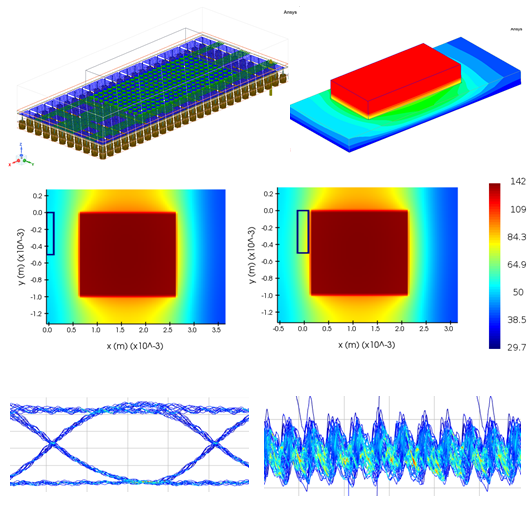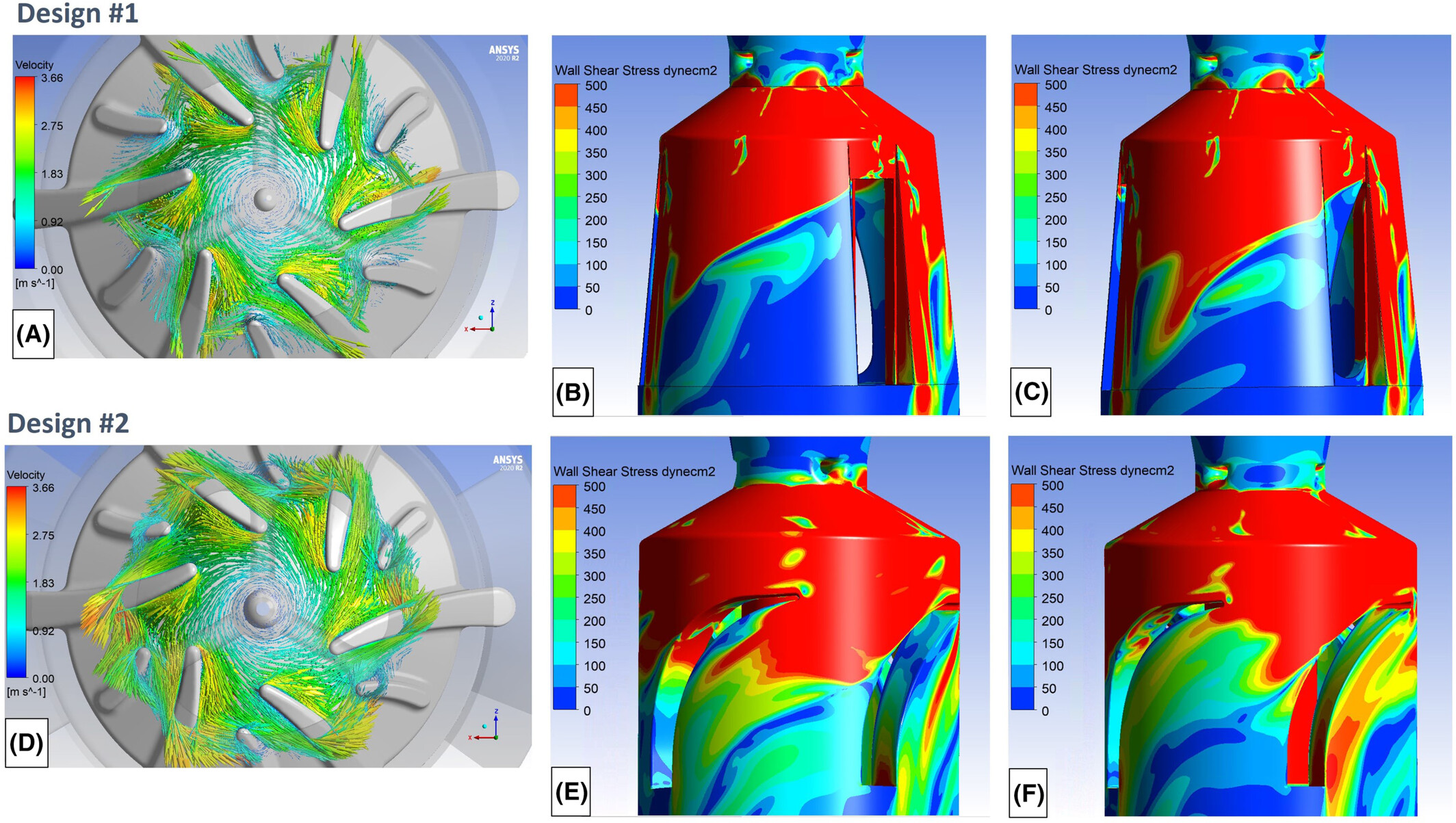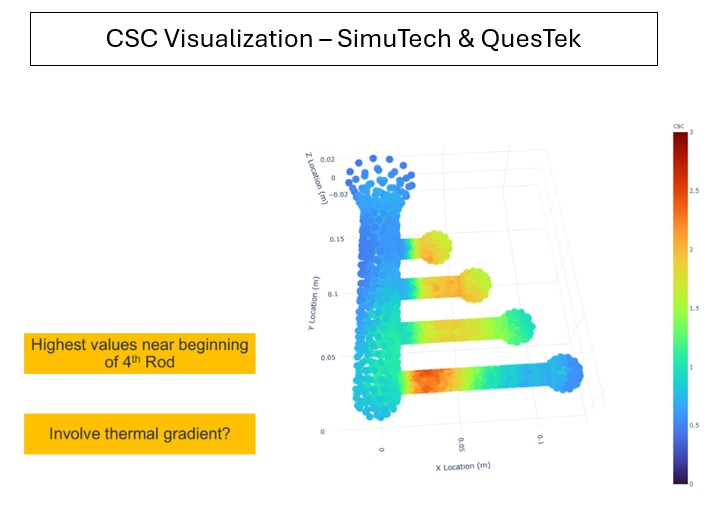Leveraging High Performance Computing (HPC) in Engineering Simulation
Time is paramount when running simulations, and challenges with computing capacity can have severe, costly complications.
According to a recent study conducted by Ansys, 52% of respondents said their top business challenge in design activities is pressure to reduce design cycle times. The study surveyed 750+ IT Managers, Engineers, and C-Levels. Additionally, 25% or respondents only use up to 4 cores hardware, and 21% report that most of their simulations run overnight and take 9 hours or more to complete.
Matching demand and capacity is both time and capital intensive. If you’re struggling to run simulations efficiently, or if you find yourself compromising on model complexity due to hardware limitations, the solution is high-performance computing (HPC). Ansys and SimuTech Group offer the software and simulation consulting expertise in HPC to help you bridge the gap, reduce design cycle times, and save money.
Check out our latest on-demand webinar on this subject: Accelerating Simulation with Ansys HPC | On-Demand Webinar
What is HPC?
HPC stands for High-Performance Computing. It refers to the use of advanced computing techniques and systems to perform complex and demanding computational tasks at speeds and scales beyond what traditional computing systems can achieve. HPC involves the parallel processing of data using multiple processors or nodes to tackle large problems more efficiently. This technology is commonly used in engineering simulations, scientific research, data analysis, and other applications that require substantial computational power.
When it comes to engineering design, HPC empowers product development organizations to assess a design’s performance across diverse real-world operating conditions. This strategic use of HPC not only ensures robust product performance but also contributes to a noteworthy reduction in warranty and maintenance costs.
Unleash the Power of High-Performance Computing
Transitioning to an on-premises or cloud-based HPC system may seem daunting, particularly without extensive IT support or knowledge, but we help to simplify the process. Merging Ansys’ solver technology with HPC capabilities brings a host of benefits.
- You can use multicore computers to perform more simulations in less time.
- Your simulations can be bigger, more complex, and more accurate than ever.
- With various Ansys HPC licensing options, you can scale to whatever computational level your team requires, from single-user or small user group options for entry-level parallel processing up to virtually unlimited parallel capacity.
- Ansys also offers solutions for parametric computing, which enables you to more fully explore the design parameters of your product (like size, weight, shape, and materials) early in the development process.
Drastically reduce simulation solve time, enabling you to achieve better results faster and with less effort.
Elevate Your Simulation Experience with Ansys HPC Engineering Simulation Software
With HPC simulation software, leverage your hardware investment to gain optimal product performance, reliability, innovation and reduced time to market. Today’s product designs require larger and more numerically complex simulations than ever. Ansys HPC supports parallel processing, distributed solving, parametric analysis, multiphase models and other capabilities that speed numerically large analyses.
In a world where time is invaluable, Ansys is your ally in revolutionizing simulation efficiency. Make capacity limitations a thing of the past and embrace a future where simulations run faster, capture finer details, and explore more complex physics effortlessly.
We’re Here to Help
Our team of experienced engineers can assist you at any step of your process.





